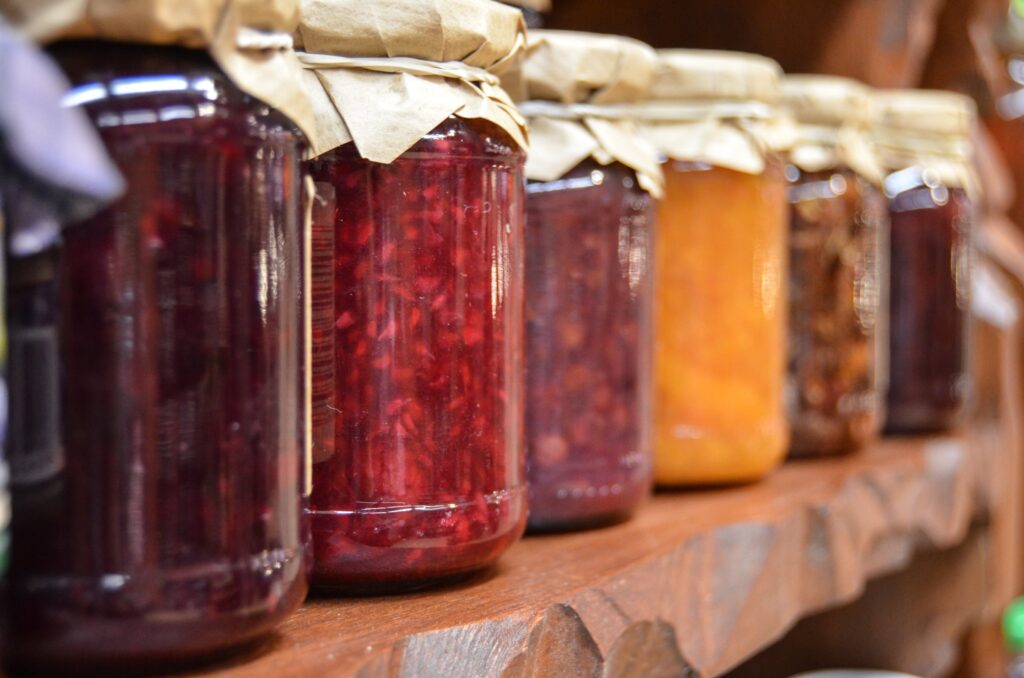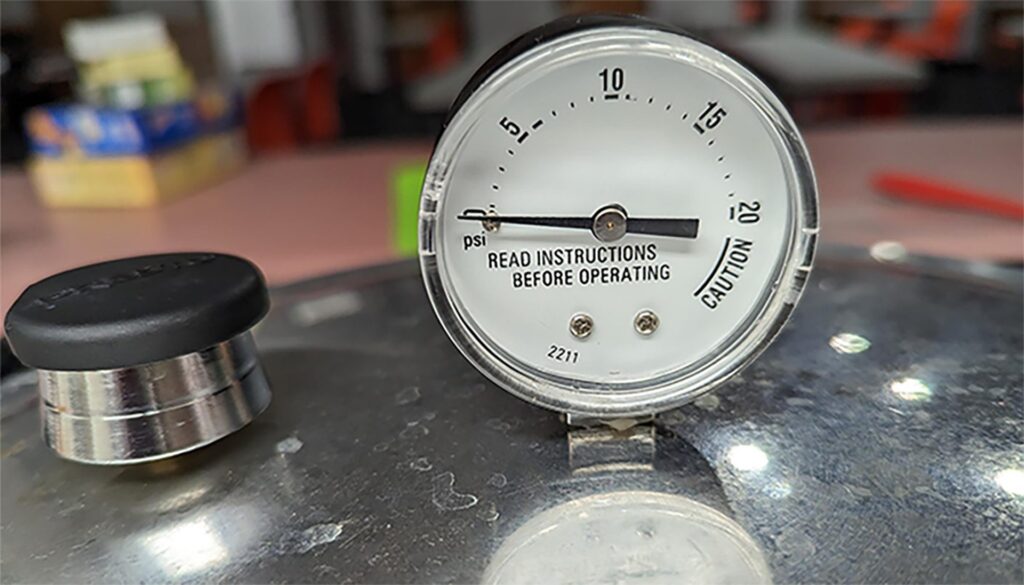Food Safety and Preservation
Safe Preserving Recipes
Find recipes and resources for preserving food in your home or business, including information about freezing, drying, canning, and pickling.
Dial Gauge Testing
Find information for testing your dial canner gauge.






